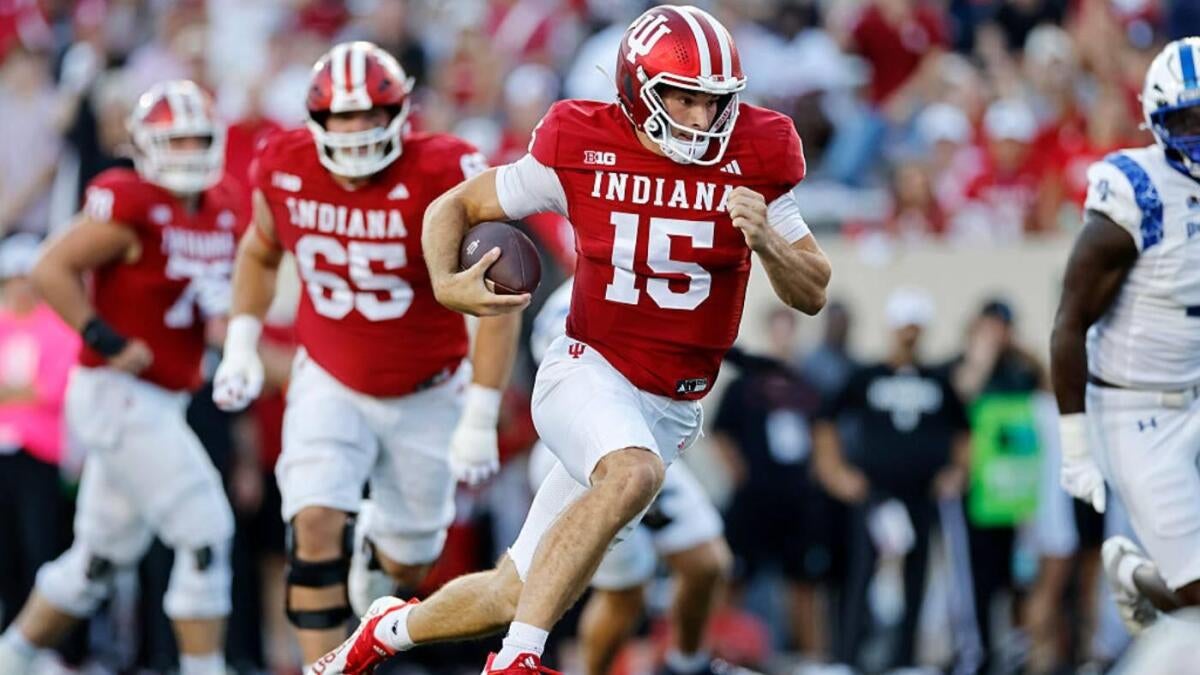College football's Week 4 throws up a fascinating contrast: the power of significant investment versus the struggle of programs facing budget constraints. The recent firings of coaches at UCLA and Virginia Tech highlight the crucial link between financial commitment and on-field success. While UCLA's financial difficulties are well-documented, hindering their ability to compete, Virginia Tech's underinvestment in personnel, facilities, and NIL deals has similarly hampered their progress. Arkansas AD Hunter Yurachek's candid admission that the Razorbacks aren't currently structured to win a national championship underscores the reality that spending, while not a guarantee of victory, is almost essential for contention in today's landscape.

However, smart spending is key. Texas Tech's significant investment in its roster is paying dividends, with the team currently undefeated. Conversely, Utah's strategic moves, bringing in a new offensive coordinator and quarterback, have revitalized their offense and transformed them into a playoff contender. These examples demonstrate that targeted investment in the right players and coaching staff can dramatically improve a team's performance.
Meanwhile, Indiana quarterback Fernando Mendoza is making waves. Projected as the No. 1 overall pick in a recent CBS Sports mock draft, Mendoza's impressive early-season performance, including 708 passing yards, nine touchdowns, and zero interceptions, has catapulted him onto the NFL radar. His success is a testament to Indiana's shrewd recruitment and support.
The recruiting landscape is also dynamic. Miami's impressive draw, attracting top-tier receivers and commitments from players previously pledged to other top programs, showcases the power of effective recruiting and a strong program identity under head coach Mario Cristobal. This influx of talent could signal a return to prominence for the Hurricanes.
Finally, the expansion of college football games to Europe raises concerns. While the NFL's international expansion has been successful, the unique nature of college football, rooted in its community traditions and home environments, makes this model less easily transferable. The potential negative impact on teams' performance and the added travel expenses for fans raise questions about the long-term viability of such ventures. The focus should be on preserving the unique essence of college football rather than simply replicating NFL strategies.
---
Originally published at: https://www.cbssports.com/college-football/news/college-football-week-4-storylines-winning-doesnt-come-cheap-new-no-1-qb-on-nfl-draft-boards/
